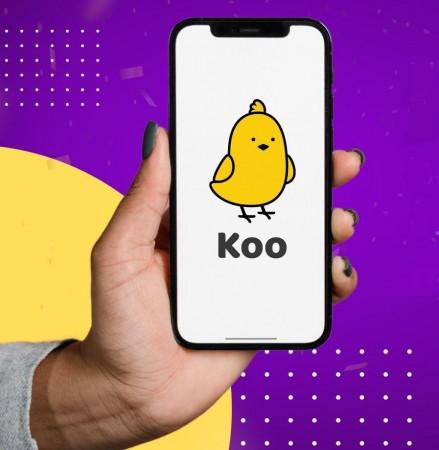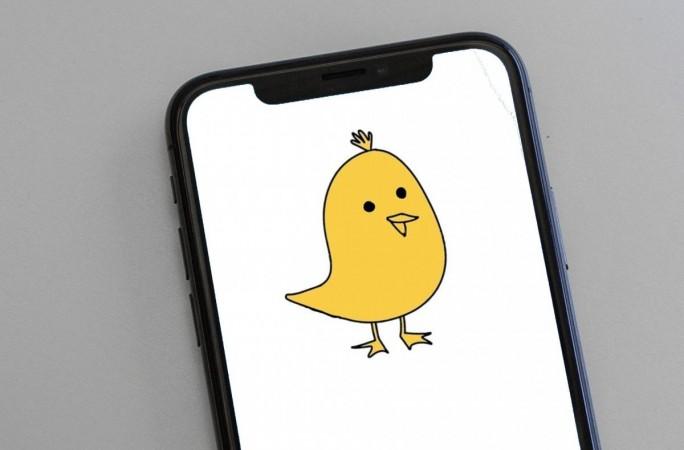
In a surprising turn of events, Koo, the homegrown micro-blogging platform that was once touted as India's answer to Twitter, announced its decision to discontinue its services. The announcement came on July 3, 2024, following unsuccessful partnership talks with multiple larger internet companies, conglomerates, and media houses. The founders, Aprameya Radhakrishna and Mayank Bidawatka, shared the news in a LinkedIn post, expressing their disappointment over the failed negotiations.
The platform, which had secured over $60 million in funding from prominent investors like Tiger Global and Accel, faced significant challenges in expanding its user base and generating revenue over the past year. Despite these challenges, Koo had managed to amass a considerable user base. At its peak, the platform boasted about 2.1 million daily active users, 10 million monthly active users, and over 9,000 VIP users, including some of the most eminent personalities from various fields.
Koo's Rise and Challenges
Koo's journey has been a rollercoaster ride. The platform gained popularity in 2021 when the Indian government was in a scuffle with Twitter over the non-removal of some content. Several ministers and departments of the Union government moved to Koo, giving it a significant boost. The interface, similar to that of Twitter, allowed users to organize their posts using hashtags and reference other users through mentions and replies.
However, the platform also faced criticism. It was tagged as being pro-government and a right-wing echo chamber, labels it was never fully able to shake off. Despite these challenges, the founders remained optimistic about Koo's potential. They believed they were just months away from beating Twitter in India in 2022 and could have doubled down on that short-term goal with capital behind them.

The Funding Winter and Shutdown
Unfortunately, the mood of the market and the funding winter got the better of them. The founders reflected on the situation, stating that patience and long-term capital are essential to build ambitious, world-beating products from India in any field, especially when the space already has a global giant.
The founders' entrepreneurial journey has been noteworthy. Prior to launching Koo, Radhakrishna founded the ride-hailing company TaxiForSure, which was acquired by Ola in 2015. Bidawatka, who co-founded Koo with Radhakrishna, was also his colleague at TaxiForSure. Their experience and resilience are evident in their decision to evaluate making Koo's assets into a digital public good to enable social conversations in native languages, despite the platform's shutdown.
Koo's shutdown is reminiscent of other social media platforms that have faced similar fates. For instance, Vine, a short-form video hosting service where users could share six-second-long looping video clips, announced its closure in 2016 due to financial reasons. Despite having a strong user base, Vine struggled to compete with platforms like Instagram and Snapchat.
Koo's shutdown is a significant event in the Indian social media landscape. It highlights the challenges faced by homegrown platforms in competing with global giants and the importance of sustainable funding. Despite the setback, the founders' spirit remains unbroken, and they have expressed their gratitude to their team, investors, creators, users, and journalist friends. As entrepreneurs at heart, they have assured that they will be back in the arena one way or another.

















